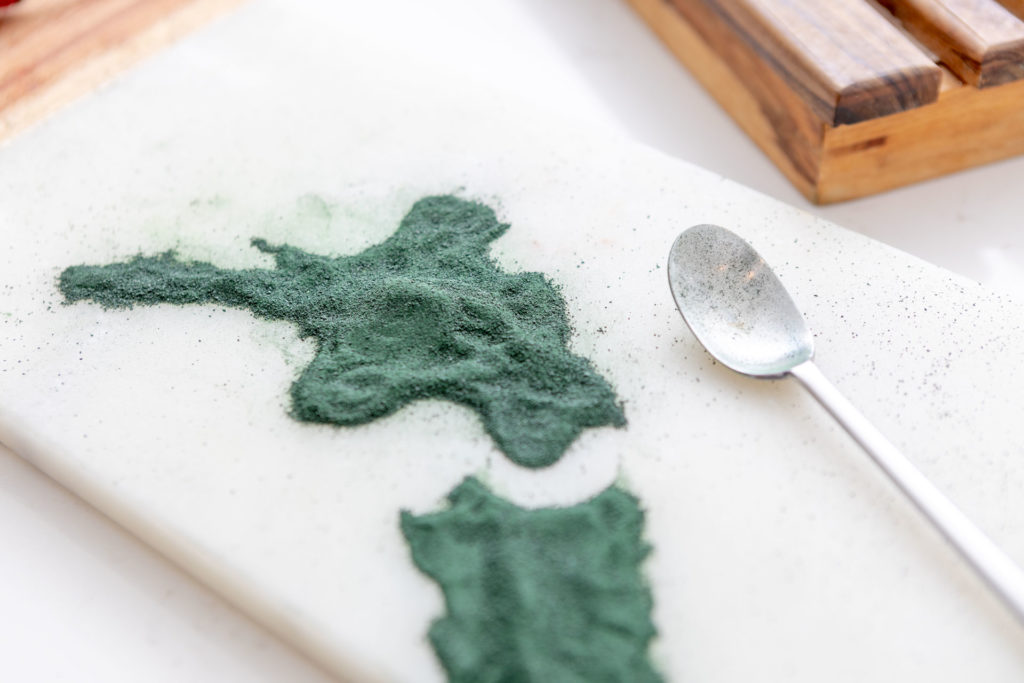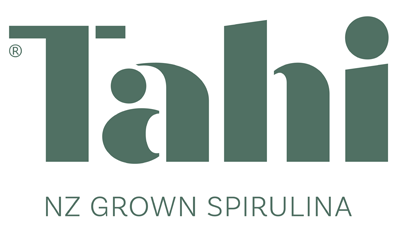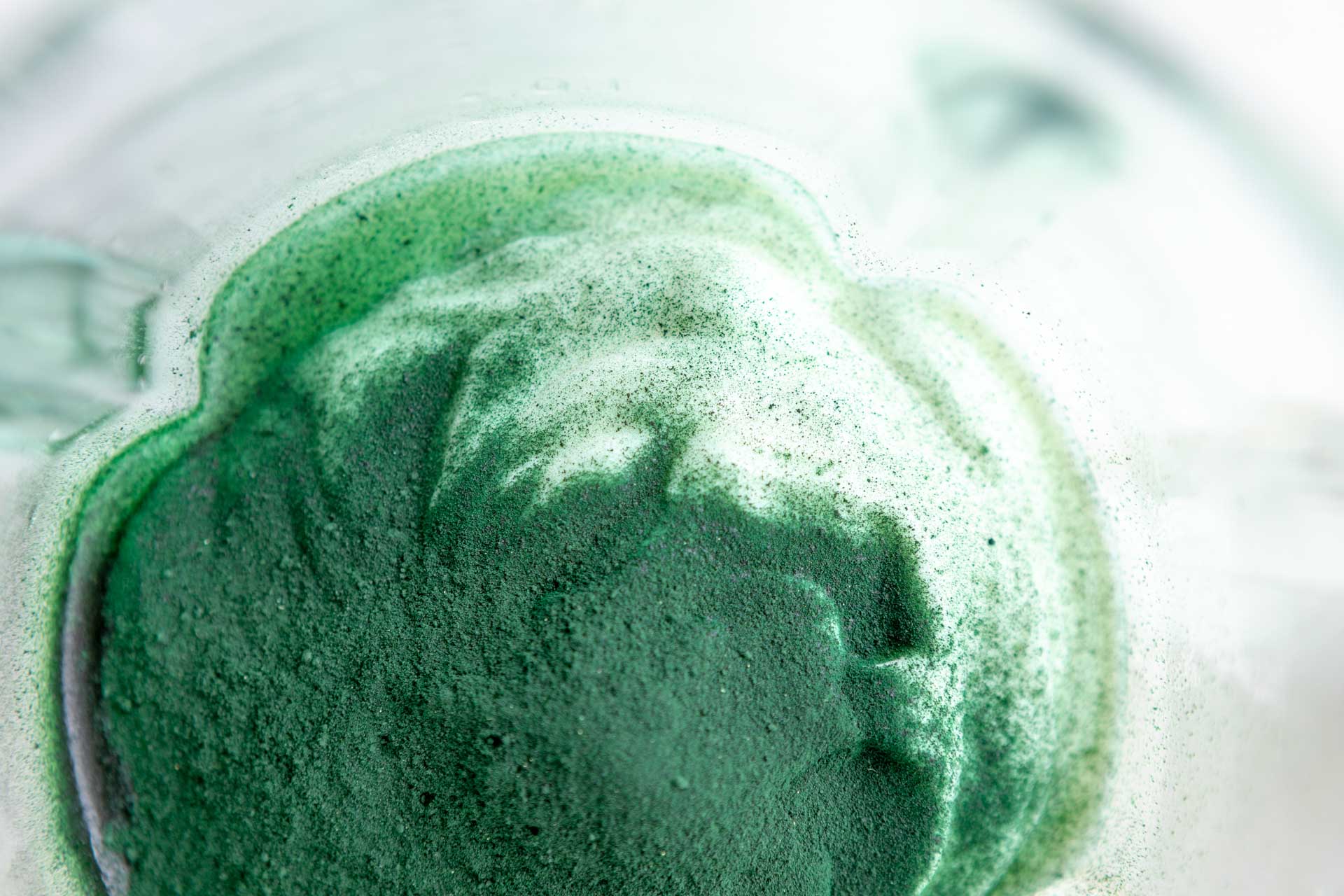Often dubbed as the most nutrient dense food on the planet, spirulina has a reputation for its wide and wonderful nutritional value and health benefits. So we’ve done our best to sum up the top five health benefits that truly make spirulina the ultimate superfood.
1. Gut health
Our natural gut microflora is critical to our health by, for example, supporting our immune system, helping us digesting certain foods, and even supplying us with nutrients our body cannot synthesize. But for this microflora to do its job well, we must provide it with the nutrients it needs from the food we eat. And this is why eating spirulina is beneficial because research has shown spirulina is a good source of nutrients for the healthy gut microorganisms such as the Lactobacillus bacteria.
2. Boosts immune system
Not only does spirulina support the good gut bacteria which are essential for maintaining a healthy immune system, it is also packed with a powerful mix of vitamins, minerals and complete essential amino acids that helps support your body’s natural immune response. Our immune system requires a whole range of micronutrients to function efficiently, and spirulina is a great source of many of them. This super good, superfood contains vitamins E, K, B1, B2, B3, B5 and B9 as well as vital minerals including magnesium, phosphorus, calcium, and zinc.
3. Maintains energy levels
Younger women, children and older adults are most at risk of a poor iron status. Iron is an essential component of haemoglobin, the protein complex responsible for transporting oxygen throughout the body. Without sufficient iron we can’t produce haemoglobin meaning we can’t transport oxygen to our cells. The result is a feeling of lethargy or a lack of energy.
Gram for gram, spirulina delivers the highest source of iron than any other food (even more than spinach) with a whopping six milligrams of iron or more in one heaped teaspoon of Tahi Spirulina powder – that’s over 50% of the average adult’s recommended daily intake.
And as a natural source of iron, spirulina is an ideal element of a plant-based diet, rich in bioavailable iron that’s easy to digest and absorb. Spirulina is also an excellent source of the B vitamins essential for releasing the energy from the food we eat.

Tahi Spirulina is the one and only NZ grown spirulina. Locally farmed at Himatangi Beach, Manawatū.
4. Cellular health
Spirulina contains a triple suite of natural antioxidants including phycocyanin (blue), chlorophyll (green) and beta-carotene (red). These rich, colourful pigments deliver antioxidant properties to help protect your cells from the effects of chronic inflammation and free-radical damage that they are subjected to on a daily basis.
5. Joint health
Packed with phytonutrients, spirulina is known to support joint health and joint comfort. And as we age, joint health and comfort becomes a priority for keeping active and mobile and the antioxidant properties of spirulina that can support cellular health. In addition, spirulina is a plant-based superfood that also boasts 60% protein content and contains all essential amino acids – the building blocks our bodies need to function properly as well as build and repair itself.

